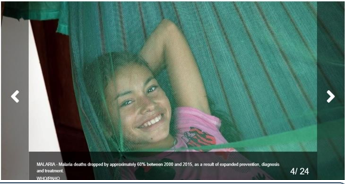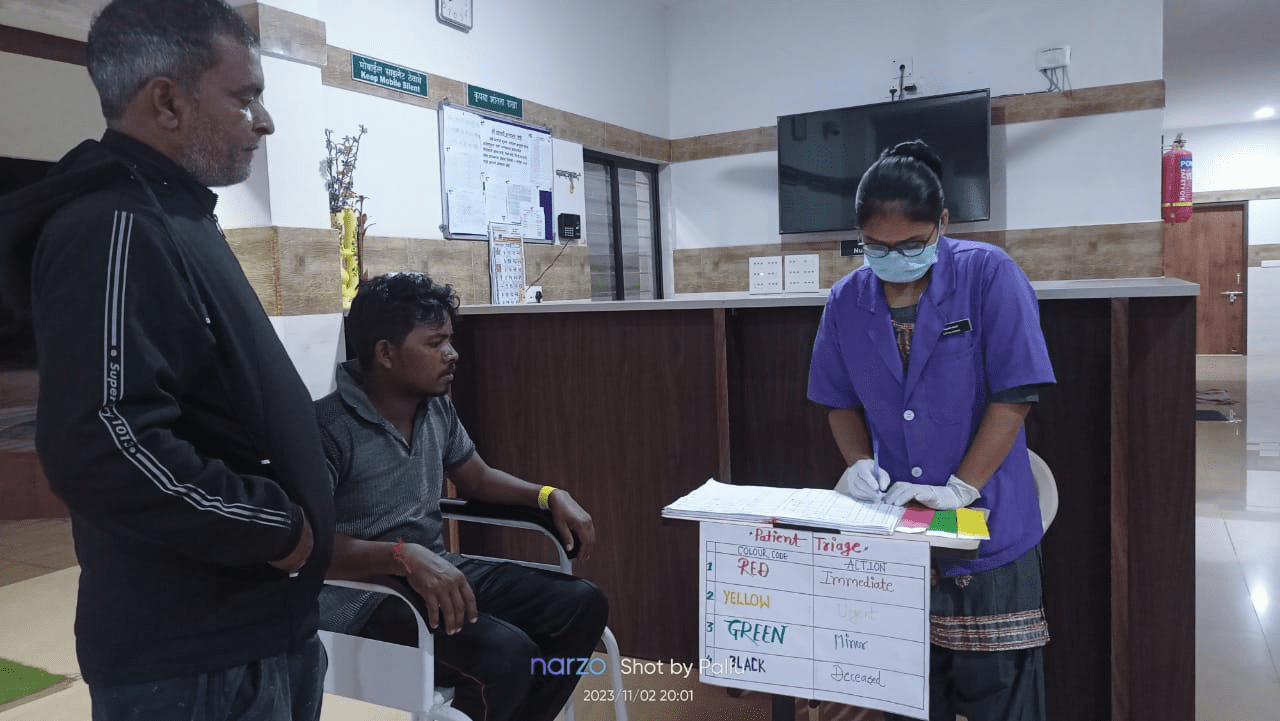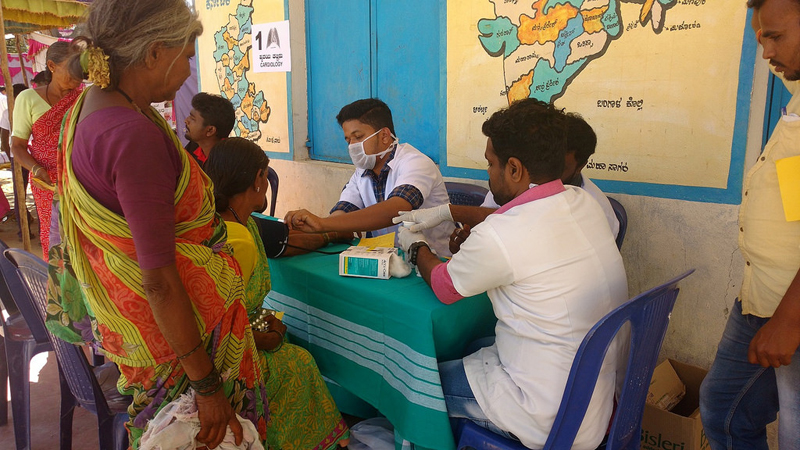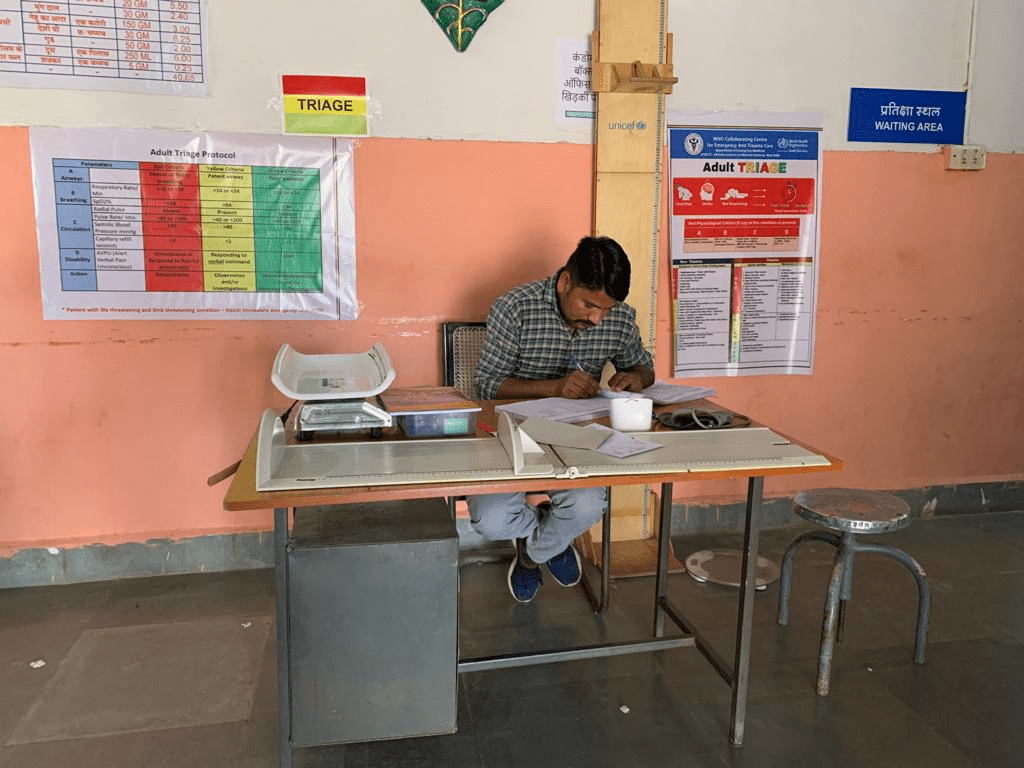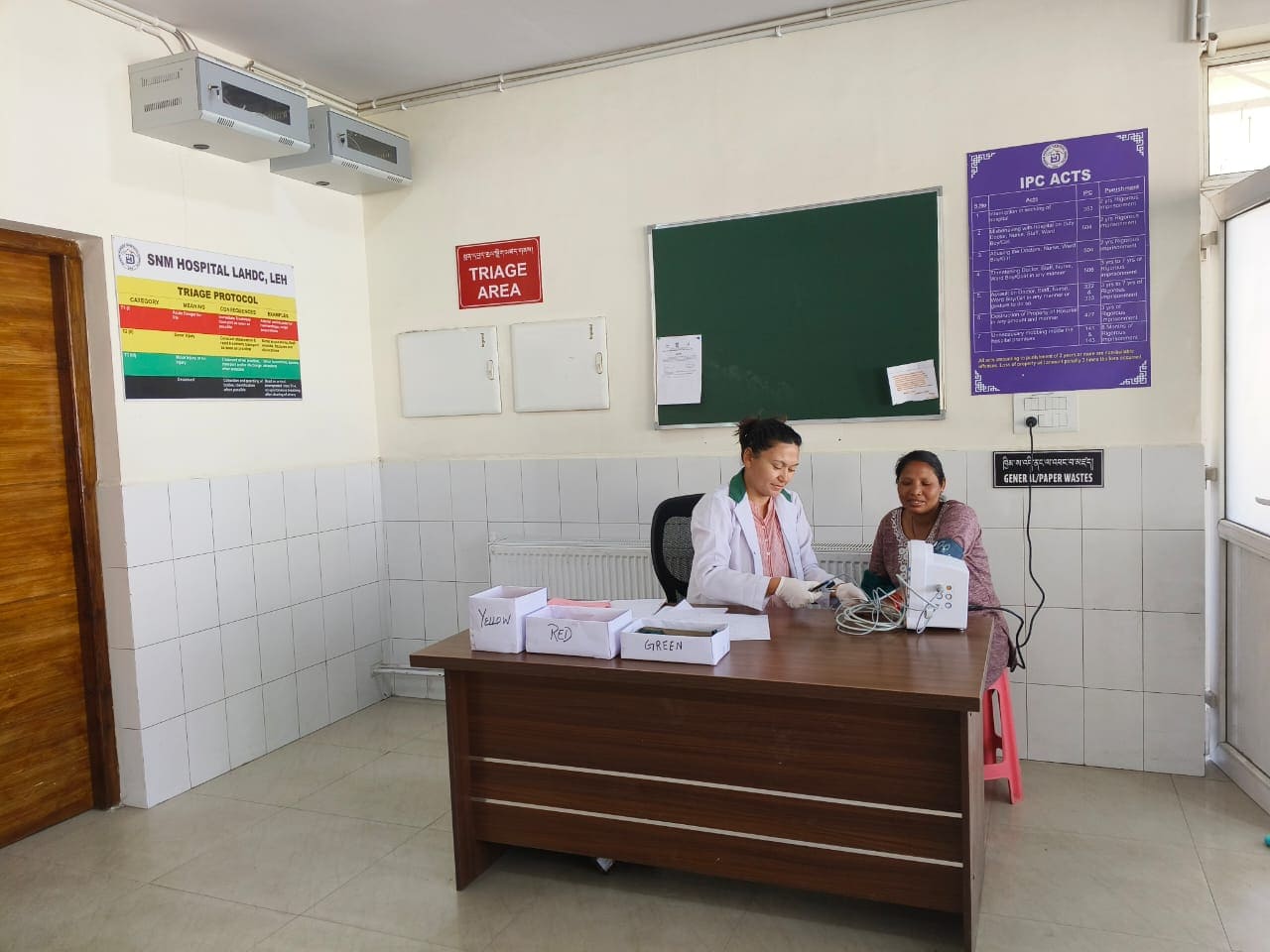Nurse Led National Triage System
“Right patient, Right time, at right place under right care – Triage”
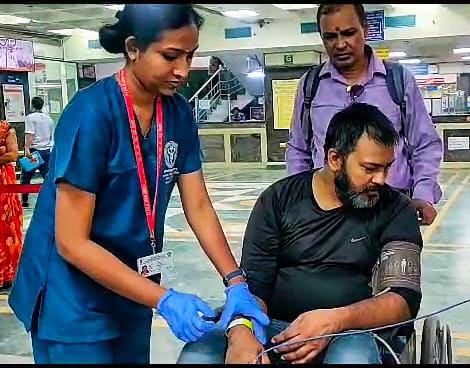

90% of deaths and 84% of DALYs globally are caused by emergency conditions. In Low- and Middle-Income Countries (LMICs), 50% of deaths and disabilities due to emergencies are preventable.
A quality resilient 3R’s System- quick Recognition, prompt Resuscitation and early Referral (if needed) can largely decrease these numbers.
Curbing delays in the first R (i.e., Quick Recognition) can significantly reduce mortality and morbidity. Triage, a cost- effective and high impact intervention in the Emergency Department (or Emergency Care Area) underscores the importance of quick recognition in improving patient outcomes.
According to World Health Organization – Triage is the action of sorting and prioritizing patients based on the estimation of the urgency for intervention.
Nurses play vital role in quick recognition of the emergency and serve as first point of contact with the patient in emergency area. Therefore, WHO CCET promulgates and disseminates the Nurse Led Triage in India and SEAR.
Our AIIMS TRIAGE PROTOCOL
In 2010, our Department of Emergency Medicine, AIIMS New Delhi, a leading institution, introduced an innovative and simple ED triage protocol – AIIMS Triage Protocol (ATP). The Ministry of Health & Family Welfare (GoI), as well as states nationwide, have adopted our ATP.
Read more about
AIIMS TRIAGE PROTOCOL
Need of National Triage System
- 50% deaths due to emergencies are preventable
- Early Recognition is vital key to avoid preventable deaths
- A Triage tool is prepared to fit in Indian Context*-AIIMS Triage Protocol (ATP)
Role of a Nurse in Triage
- Nurses are first point of contact in Emergency department
- Hence WHO CCET Promulgate and disseminate- Nurse Led Triage System in India
- Eco-system is created to advocate Nurse Led triage System
- Emergency Nurses were empowered to lead this program
Vision: To empower nurses to perform Triage through capacity building.
“Triage Training For The Nurses, By The Nurses”
National Triage Course (NTC) and Triage System Implementation at different healthcare levels are key initiatives under NTP.
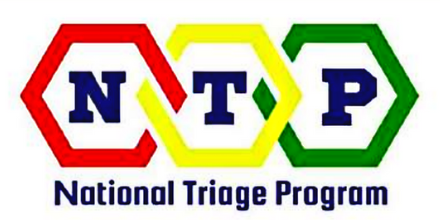
Nurse-Led National Triage Course (NTC)

2500
Healthcare
Professionals Trained
>50
NTC
Trainers Developed

40
Workshop Conducted
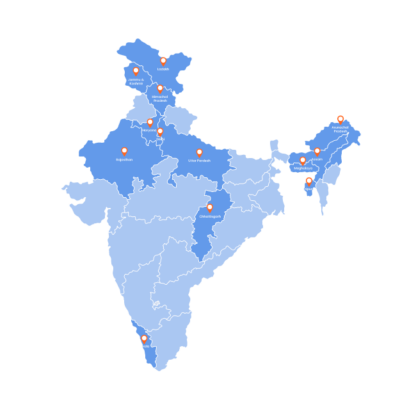
13
States Covered
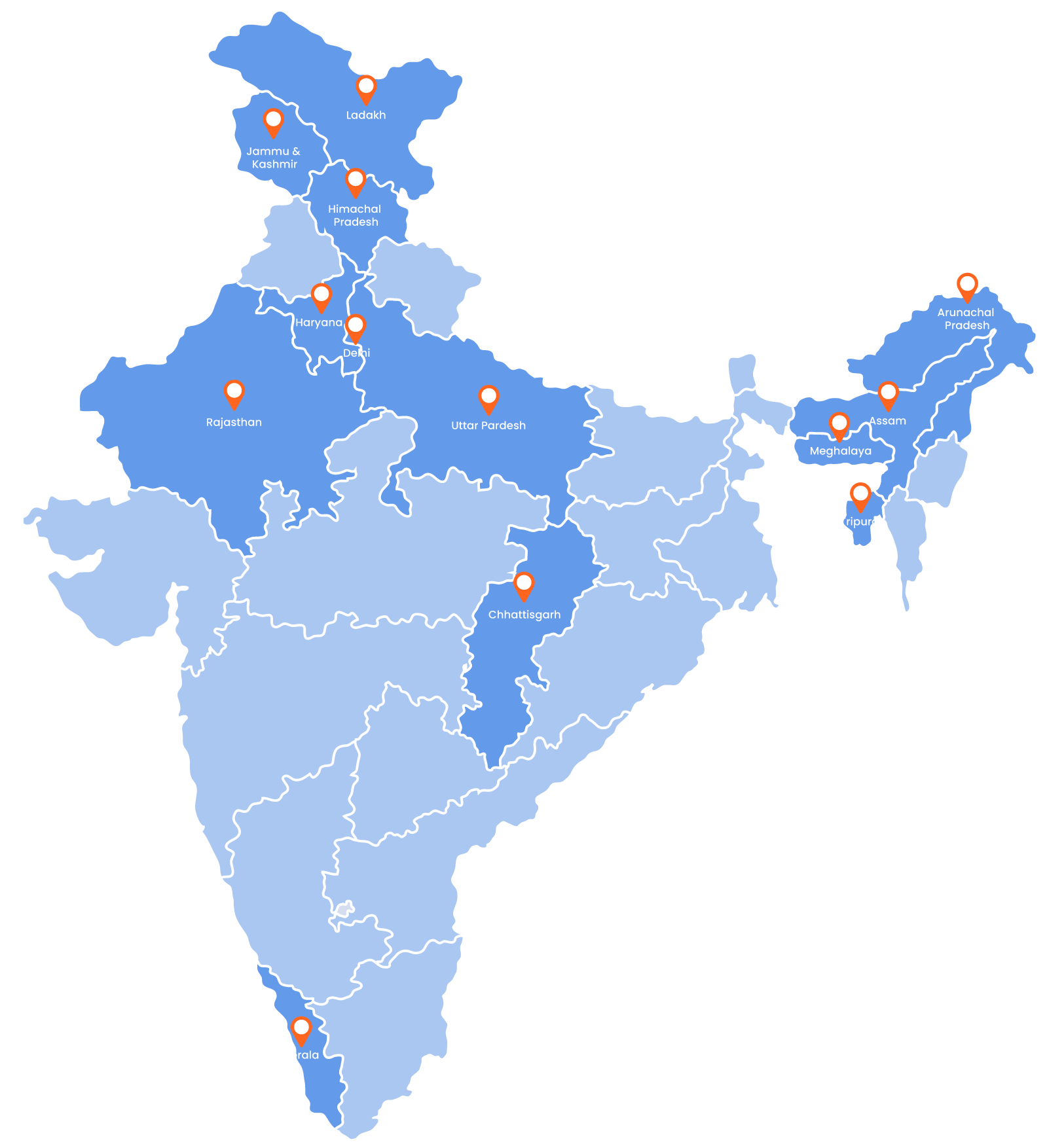
Participants trained: 2500 (approx.)
States Covered: 10
(Mention all states)
Workshop Conducted: 40 (approx.)
Triage Implementation at Different Healthcare Levels
Need of the Nurse led Triage System:
50% of preventable death and disability burden contributed by LMIC (low-middle income countries). This can be reduced with quality resilient 3R’s System- quick Recognition, prompt Resuscitation and early Referral (if needed). The curbing delay in first R can reduce mortality and morbidity at large extend. Nurses play vital role in quick recognition of the emergency and first point of contact with the patient in emergency department. Therefore, WHO CCET advocating Nurse Led Triage in India and SEAR.
WHO CCET Initiative
National Triage Course:
WHO CCET recognise this need and taken the flagship to promulgate nurse led triage system all over the country and soon SEAR. Therefore, WHO CCET launched National Triage Course -to empower nurses all over the country to develop quality nurse led Triage System


2500
HEALTHCARE PROFESSIONALS TRAINED

50
NTC TRAINERS

40
WORKSHOPS
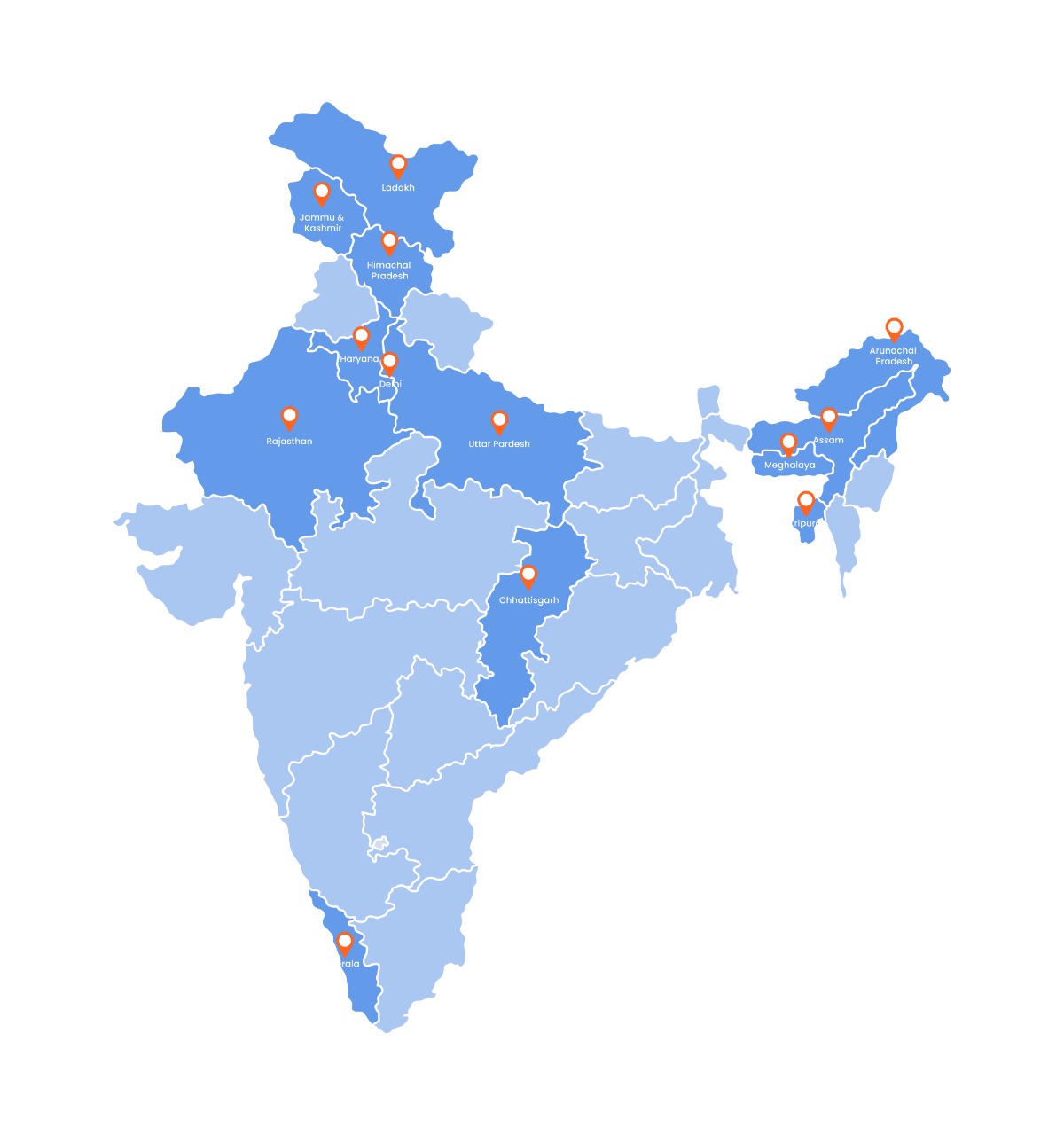
13
STATES COVERED
Tele-Trible-Triage-Teaching program (4TP)
This program was designed for the rural tribal areas, where access to health care is difficult but covid era enabled them for tele platform: WHO CCET Nursing team taken initiative to trained healthcare providers working in emergency for quick identification and segregate accordingly by using AIIMS Triage Protocol (ATP)
Successful Pilot at SEARCH: Society for Education, Action and Research in Community Health, Gadchiroli, Maharashtra (Naxalite area)



